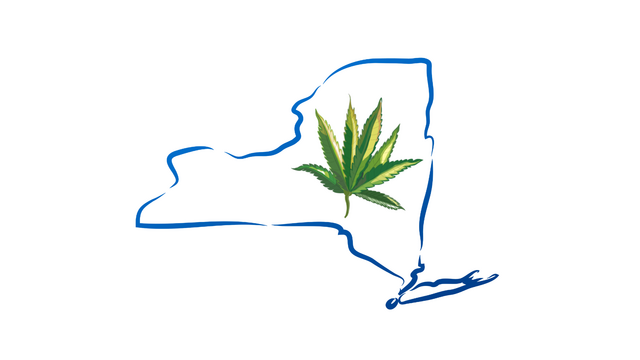How to Get a New York Conditional Cannabis Processor License

At a June 23 meeting, New York’s Cannabis Control Board (CCB) announced that it will accept adult-use conditional processor license applications starting on June 28, 2022. This post answers basic questions about the Conditional Processor License and how to obtain one.
Q: What is a Conditional Processor License?
A processor license will allow a licensee to process and manufacture products containing over 0.3% THC for the adult-use market. This includes blending, extracting, infusing, packaging, labeling, branding, and otherwise preparing cannabis. Licensees will acquire cannabis from a licensed cultivator, process it, and then sell it to a licensed distributor or to another licensed processor. (MRTA § 69.1)
A conditional processor license will let licensees do this before the regular (non-conditional) adult-use cannabis market kicks in (similar to the conditional producer licenses that OCM is now issuing and the conditional adult-use retail dispensary licenses that OCM plans to issue soon).
Q. Am I eligible for a Conditional Processor License?
Eligible applicants must have applied for a Cannabinoid Hemp Processor license in New York before January 1, 2022. Side note: a cannabinoid hemp processor license authorizes a holder to process, extract, pack or manufacture cannabinoid hemp (e.g., CBD) or hemp extract into products, whether in intermediate or final form, used for human consumption. (MRTA § 90.7)
If you did not hold or apply for a Cannabinoid Hemp Processor license before January 1, 2022, you cannot get a Conditional Processor License.
Q. If I have a Cannabinoid Hemp License and then I get a Cannabis Processor License, can I do all my processing at the same location?
Yes (MRTA §69.3) – subject to any applicable regulations.
Q. Can I use my Cannabis Processor License at more than one location?
Yes (MRTA §69.4) – subject to any applicable regulations.
Q. If I have a Cannabis Processor License, can I also get a Cannabis Retail License?
No. (MRTA §69.5)
Q. When can I apply for a Conditional Processor License?
The Office of Cannabis Management (OCM) will accept Conditional Processor License applications from June 28-August 31, 2022. Apply here: https://cannabis.ny.gov/licensing.
Q. If I get the Conditional Processor License, do I need to use it right away?
Failure to begin operations within six months of issuance is grounds for losing your Conditional Processor License. (MRTA Amend. SB 8084—A, §69.a.10)
Q. How long does the Conditional Processor License last?
Until June 31, 2024, or earlier if you transition to a non-conditional processor license before then.
Q. If I get a Conditional Processor License, can I distribute my product to Retail Dispensaries?
You can do so without an adult-use distributor license until June 1, 2023. After that date, you will need a distributor license.
Q. What is a distributor license?
I licensed adult-use distributor may buy cannabis from a licensed adult-use cultivator or processor (or coop, microbusiness, or RO) and sell it to retail dispensaries or on-site consumption sites. (MRTA §71)
Q. I am already a Conditional Cultivator. Do I need a Conditional Processor License to process and distribute my own product?
A conditional adult-use cultivator licensee shall have the temporary authority to minimally process and distribute cannabis products, provided that such final products shall be in the form of cannabis flower, without holding an adult-use processor (or distributor license), provided that the licensee complies with all conditional processor requirements and regulations. This temporary authority will expire on June 1, 2023. After that, conditional cultivators who want to process and distribute cannabis products will need to obtain processor and distributor license. (MRTA Amend. SB 8084—A, §68.c.6)
Q. Any other requirements for Conditional Processor Licensees I should know about?
Yes. Licensees will be required to participate in an environmental sustainability program and a social equity mentorship program. Licensees will also be required to enter a labor peace agreement with “a bona-fide labor organization” within six months of licensure. (MRTA Amend. SB 8084—A §69-a.8).
OCM may (and likely will) establish further requirements for Conditional Processor Licensees as necessary.
